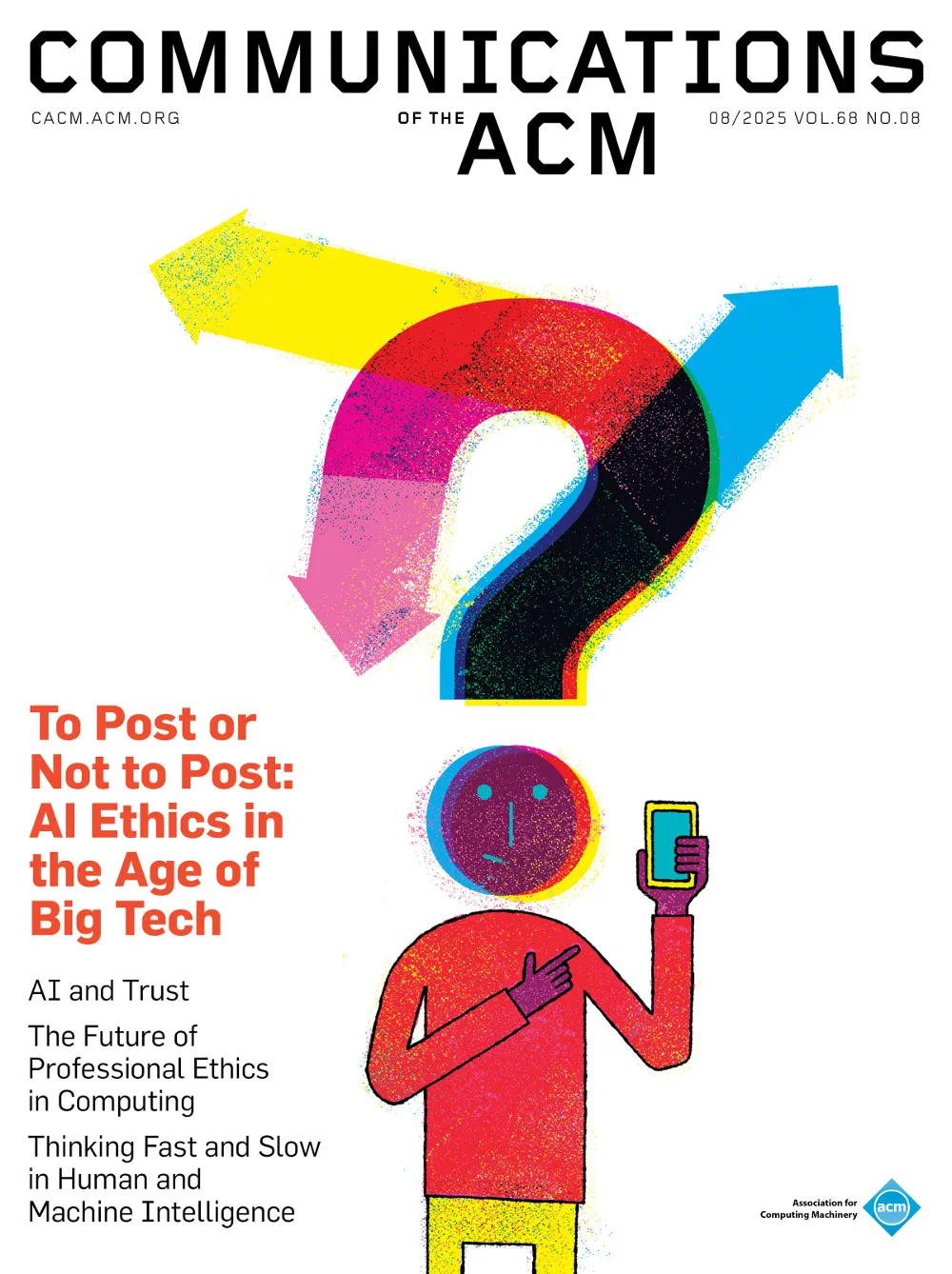December 1985 - Vol. 28 No. 12

Features
In the fall of 1981, a Japanese report officially initiated the quest for fifth-generation computers that would encompass the functions of knowledge processing and artificial intelligence. The conceptual underpinnings behind Prolog—Japan's language of choice for these activities—are presented here in a way that suggests why Prolog or a similar language might be considered a model for designing the computers of the future.
Describing Prolog by its interpretation and compilation
Since its conception, Prolog has followed a developmental course similar to the early evolution of LISP. Although the version of Prolog described here typifies that currently in use, it should be considered within the framework of language evolution.
Software aspects of strategic defense systems
A former member of the SDIO Panel on Computing in Support of Battle Management explains why he believes the “Star Wars” effort will not achieve its stated goals.
Data compression on a database system
A general-purpose data-compression routine—implemented on the IMS database system—makes use of context to achieve better compression than Huffman's method applied character by character. It demonstrates that a wide variety of data can be compressed effectively using a single, fixed compression routine with almost no working storage.
Selecting MIS projects by steering committee
Steering committees have recently gained vast acceptance in organizations as the mechanism used to select management information systems (MIS) projects. Because of their widespread adoption and their differences from other selection mechanisms with respect to orientation, steering committees were chosen for study. Data from 92 projects selected from 32 organizations were analyzed. As hypothesized, projects selected by steering committees were found to differ significantly from those chosen via other selection mechanisms. The implications of this result for organizations using steering committees to select MIS projects are presented.



